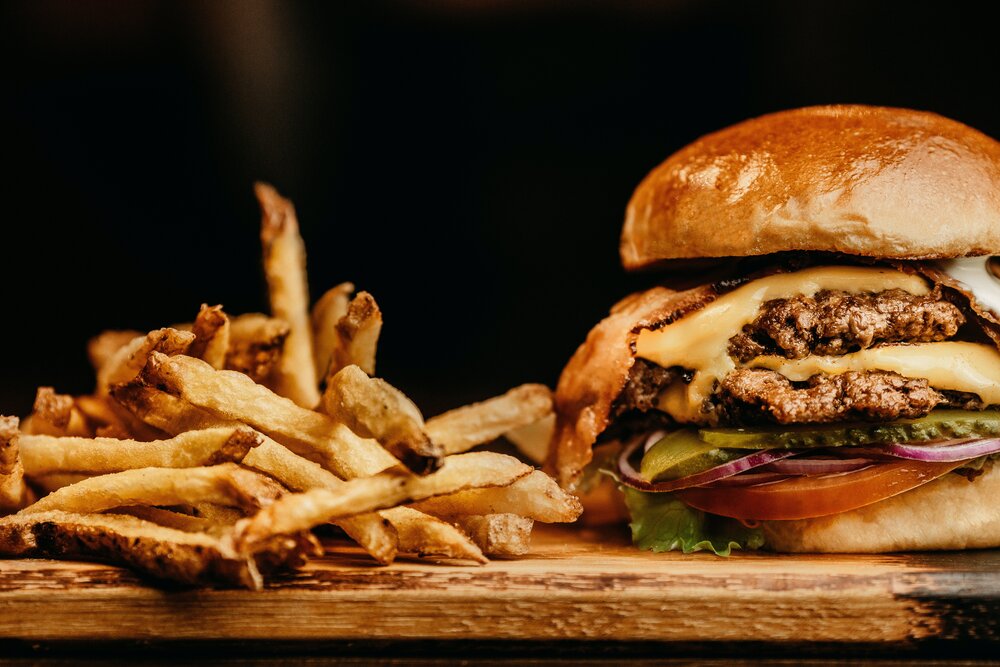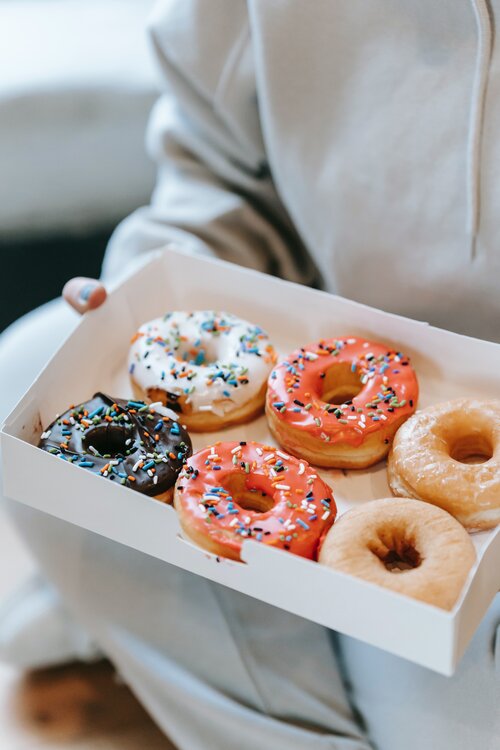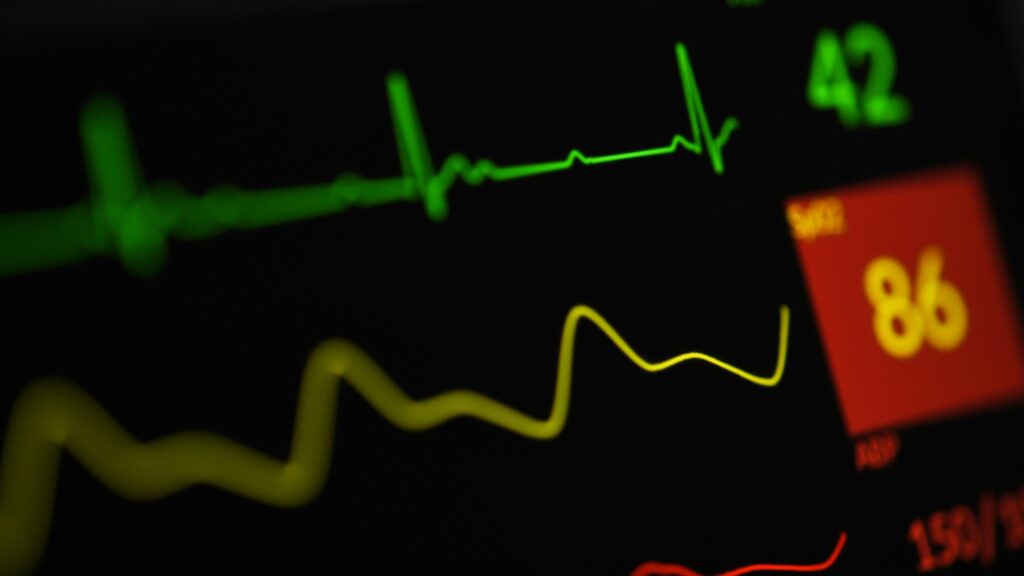We seek comfort when stressed; there’s no denying that, and it’s entirely in our nature to do so. Who doesn’t want the warm comfort of their bed after a stressful day at work?
Or some music to relax to, or even a soothing hobby. We all have our “go-to” comfort needs when seeking to manage or alleviate stress, with varying differences.
For some people, the answer to their stress is food. We don’t always eat to satisfy our hunger; many of us also turn to food for comfort, stress relief, or reward ourselves.
Eating food to make ourselves feel better, to fill emotional needs rather than hunger, is termed “stress eating”, a tendency to binge on food when one is feeling stressed.

Highlights
- While occasional stress eating is not harmful, adopting it as our primary coping mechanism or using food as the solution when we’re angry, stressed, bored or hurt, rather than addressing the problem at hand, becomes a severe issue,
- Carbohydrates help us effectively endure stress because eating any sweet or starchy food such as cakes, chips, pizzas, etc., allows the brain to make new serotonin,
- Exercise is always the key, and it cannot be stressed just how important it is for us to maintain and work on a daily exercise routine.
This might seem odd at first, as stress inhibits food consumption and puts it on hold in the short term.
When we’re stressed, our nervous system messages our adrenal glands to pump out adrenaline, which helps trigger our body’s fight or flight response, which temporarily puts our appetite on hold.
But in the long run, it’s the complete opposite. If stress persists, the adrenal glands release another hormone called cortisol, which increases our appetite and boosts motivation, which might morph into the cause to eat.
Once the stress has passed, the cortisol levels usually decrease, but if we’re constantly stressed out, they remain on, thus, triggering our body to eat under stress frequently.
While occasional stress eating is not harmful, adopting it as our primary coping mechanism or using food as the solution when we’re angry, stressed, bored or hurt, rather than addressing the problem at hand, becomes a severe issue.
Not only are we ignoring the root cause of stress by eating, but it is also extremely unhealthy for us.
Comfort foods aren’t usually healthy; they’re loaded with sugar or carbs, which is why we turn towards them in the first place!
Stress eating doesn’t make us crave salads or veggies; instead, it’s usually fast food, ice creams, sweets, etc. It’s the high-fat, high-calorie foods that we love so much that make us feel better. The more fattening, sweeter, or saltier the food, the better we seem to feel.
Additionally, stress not only influences our eating habits but also affects our metabolism.
In a study conducted by the National Library of Medicine, participants who reported feeling stressed in a 24-hour cycle burned 104 calories, fewer than the other participants who weren’t subjected to stress.

Why Does Our Body Crave Carbs When We’re Stressed?
Carolyn Williams, RD, PhD, says that our bodies crave carbs when we’re stressed as carbohydrates increase the production of serotonin, which is the feel-good chemical.
She says, “Carb-rich foods (especially those with added sugars, like ice cream and cupcakes) increase our blood sugar to provide a burst of energy, which our bodies might need after long, stressful days or sleepless nights.
Most of us could benefit from more energy and serotonin right now, so our bodies are likely trying to help us out by making us hungry for these types of foods.”
Carbohydrates help us effectively endure stress because eating any sweet or starchy food such as cakes, chips, pizzas, etc., allows the brain to make new serotonin. Serotonin makes us feel calmer, and as a result, we believe we can cope.
In actuality, carbs make us feel better temporarily but do not address the problem of the stress-causing agent.
How Do We Combat Stress Eating?
Here are a few helpful tips and exercises to effectively combat stress eating.
- Trigger Check – The first and foremost step to counter stress eating is to effectively recognise what triggers us to eat during times of stress. When we realise that we’re heading to the nearest snack while stressed out, put a lid on it. Always take the time to reflect and check-in with yourself. Know your behaviour and what triggers our responses, and the next time, we can effectively recognise it to put it on hold. Simply by pausing and evaluating the situation, we can understand what exactly is compelling us to eat when we’re feeling anxious.
- Exercise – Exercise is always the key, and it cannot be stressed just how important it is for us to maintain and work on a daily exercise routine. If we’re physically fit, we’re more resistant to stress. Exercise causes chemical changes in the brain that reduce stress, which can help us avoid binge eating. Additionally, with exercise, a diet is also vital. When we thoroughly stick to a diet, it also helps us combat unnecessary consumption of junk food.

- Meditation and Mindfulness – By developing meditation and mindfulness practice, we gradually increase awareness to a point where it becomes the strongest adversary of stress. Mindfulness and awareness are the kryptonite of stress. When we are calm, collected and focused, we can make smarter and healthier lifestyle choices, drastically reducing stress and anxiety. In a study conducted by the Journal of Obesity, women who went through mindfulness training programs, learning how to recognise hunger effectively, differentiate it from emotional eating, and paying attention to the taste, were less likely to stress eat and lost a significant amount of belly fat. Anyone who’s ever exercised to get rid of their belly would tell you that it’s the most challenging part of fat to get rid of, and no amount of exercise without the proper diet can help you get rid of it.
- Self-compassion – Practicing self-compassion is an effective way to decrease stress. When you’re a loving friend to yourself, you’re more likely to treat yourself better and stop yourself from eating junk, seeking to cultivate a healthy and mindful relationship with yourself.
- Seeking Alternatives – And if all else fails, and you cannot stop yourself from munching snacks while you’re stressed, switch to a healthier alternative! Foods like baby carrots, sunflower seeds, nuts and raisins, etc., are healthier alternatives.
Conclusion
Consuming comfort food while stressed out is normal, and the occasional indulgence won’t do us much harm.
But, as they say, too much of a good thing can be harmful.
So the next time you reach for the tub of ice cream in your fridge when you’re stressed, remember to be mindful, consistently appraise the cause of the stress, and make the right, healthy choice.
Disclaimer: The contents of this article are for general information and educational purposes only. It neither provides any medical advice nor intends to substitute professional medical opinion on the treatment, diagnosis, prevention or alleviation of any disease, disorder or disability. Always consult with your doctor or qualified healthcare professional about your health condition and/or concerns and before undertaking a new healthcare regimen including making any dietary or lifestyle changes.
References







